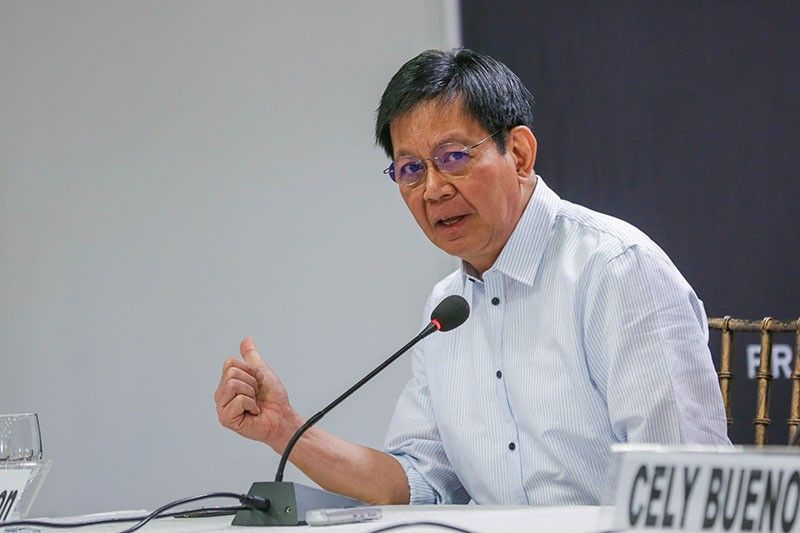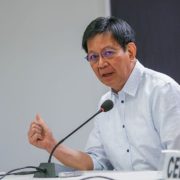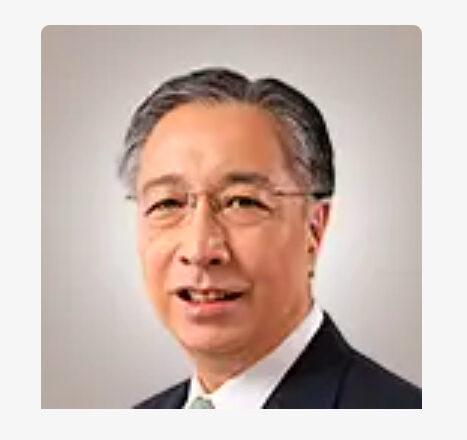
Senator Panfilo Lacson on Tuesday, January 8, said the Philippine National Police (PNP) should focus their time and energy on monitoring expelled police and military personnel, not on teachers regarded as critical by the government.
He made the suggestion when the police force faced backlash over the inventory of members of Alliance on Concerned Teachers (ACT), a legal organization for teaching and non-teaching personnel.
He also argued that many expelled law enforcers have been identified as suspects in recent heinous crimes.
Lacson is a retired police officer who headed the PNP from 1999 to 2001.
According to the PNP, Henry Yuson, the alleged main gunman in the killing of AKO Bicol Rep. Rodel Batocabe, is a former member of the Philippine Army and the Citizen Armed Force Geographical Unit.
There are also reports that said former cops were part of the armed bodyguards of Guimbal, Iloilo Mayor Oscar Garin and his son Rep. Richard Garin, who mauled a policeman in December.
“The PNP should instead conduct profiling and surveillance on dishonourably discharged PNP and AFP personnel to keep track of their post-discharge activities including their lifestyle,” Lacson said.
“In that way, they may be able to solve a lot of crimes, even preempt them,” he added.
Since the start of the year, police intelligence agents have been visiting schools in Metro Manila, Zambales, Camarines Sur, Sorsogon, Cebu and Agusan del Sur to inventory members of the teachers’ union, ACT claimed.
PNP chief Director General Oscar Albayalde on Monday said he did not sign any document that ordered intelligence officers to conduct an inventory of ACT members; however, he did not deny that the order came from a PNP unit.
He insisted that the PNP is just undertaking simple intelligence or information gathering.
ACT Secretary General Raymond Basilio, for his part, said police profiling is “illegal and unmistakably wrong”, explaining that it violates the members rights to privacy, free expression and self-organization.
Commission on Human Rights spokesperson Jacqueline De Guia echoed his sentiment, saying that such move by the PNP is similar to “red-tagging” or the practice of publicly classifying individuals and organizations critical of the government as communist terrorists, state enemies or subversives.






